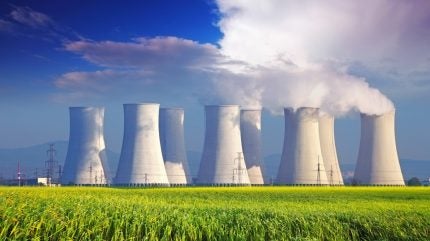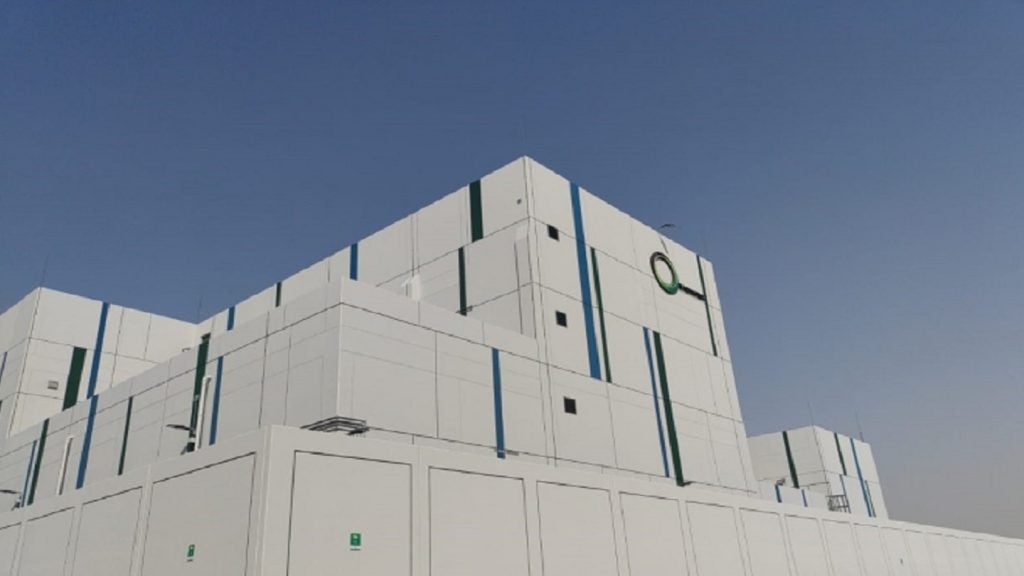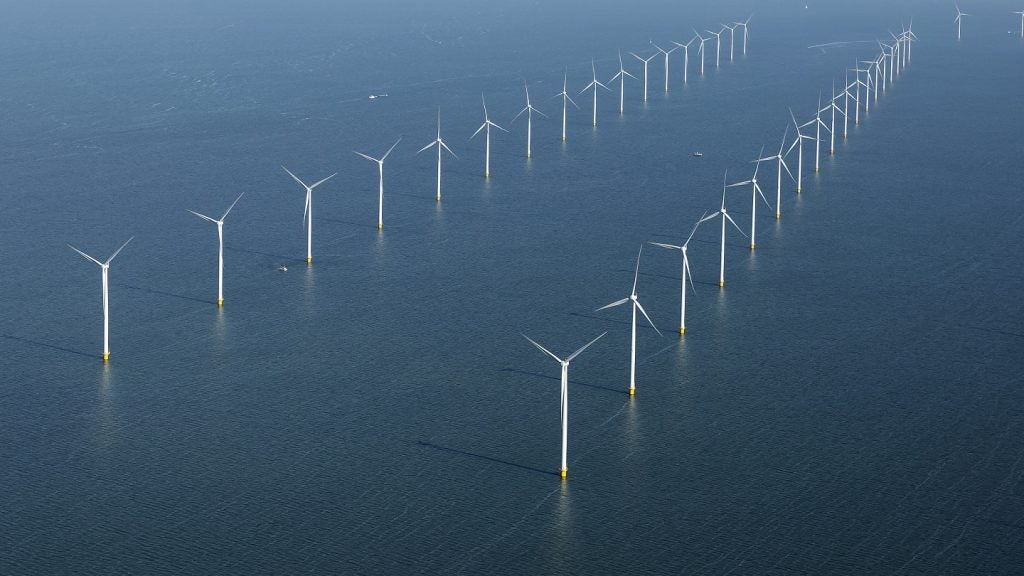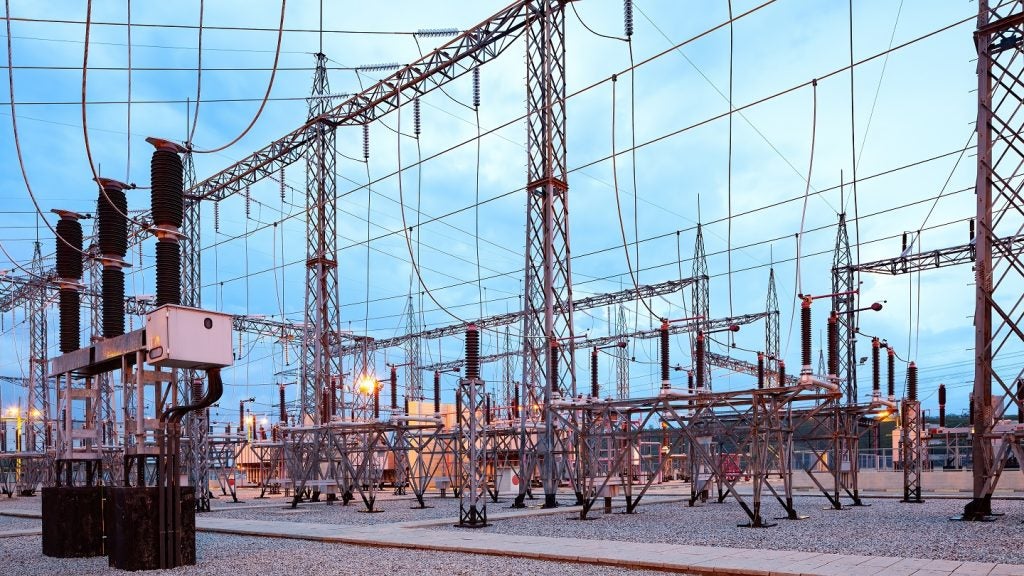
Japan is poised to restart the Kashiwazaki Kariwa nuclear plant in October 2024, marking a significant step in the nation’s nuclear energy resurgence, according to BloombergNEF (BNEF).
The move will contribute to lowering power costs and advancing Japan’s environmental objectives.
Tokyo Electric Power Co (Tepco) is preparing to recommence operations at unit 7 of the Kashiwazaki Kariwa facility in Niigata Prefecture.
The development comes after a hiatus of more than a decade. All Japanese nuclear reactors were suspended following the Fukushima Dai-Ichi disaster in 2011.
BNEF analysts Mariko O’Neil and Yumi Kim suggest that Tepco will initiate output under a base-case scenario.
This will be the first instance of Tepco operating a nuclear reactor in compliance with the stringent safety regulations established post-Fukushima.
How well do you really know your competitors?
Access the most comprehensive Company Profiles on the market, powered by GlobalData. Save hours of research. Gain competitive edge.

Thank you!
Your download email will arrive shortly
Not ready to buy yet? Download a free sample
We are confident about the unique quality of our Company Profiles. However, we want you to make the most beneficial decision for your business, so we offer a free sample that you can download by submitting the below form
By GlobalDataJapan’s government is keen on accelerating the restart of nuclear reactors to mitigate power costs, secure a stable energy supply and reduce greenhouse gas emissions.
In April 2023 Tepco received the green light to load fuel into the reactor, with the government urging local authorities to approve the necessary permissions for the restart.
The Kashiwazaki Kariwa plant has seven units with a combined capacity of 8GW.
The reactivation of unit 7 is part of a broader initiative that aims to bring five reactors nationwide back into operation by 2025.
However, BNEF noted that this rate may not meet the government’s target that nuclear energy should comprise one-fifth of Japan’s power mix by 2030.
It forecasts a decrease in monthly average electricity prices by 11% in 2024 compared to the previous year, attributing the decline to subdued demand and increased supply from nuclear restarts alongside new wind and solar projects.
In April 2023, following the approval by Japan’s Nuclear Regulation Authority (NRA), Tepco announced plans to commence fuel loading into unit 7.
The company said in a statement: “We received approval for the test use of safety equipment to confirm the soundness of the equipment. From now on, we will carry out fuel loading and subsequent pre-use operator inspections to confirm the integrity of the equipment.”
Units 6 and 7, both 1.35GW advanced boiling water reactors, originally commenced commercial operations in 1996 and 1997 respectively.
In 2013, they were the first Japanese boiling water reactors proposed for restart, with Tepco applying for NRA approval for safety enhancements. In 2017 the NRA granted permission to Tepco to restart units 6 and 7.






